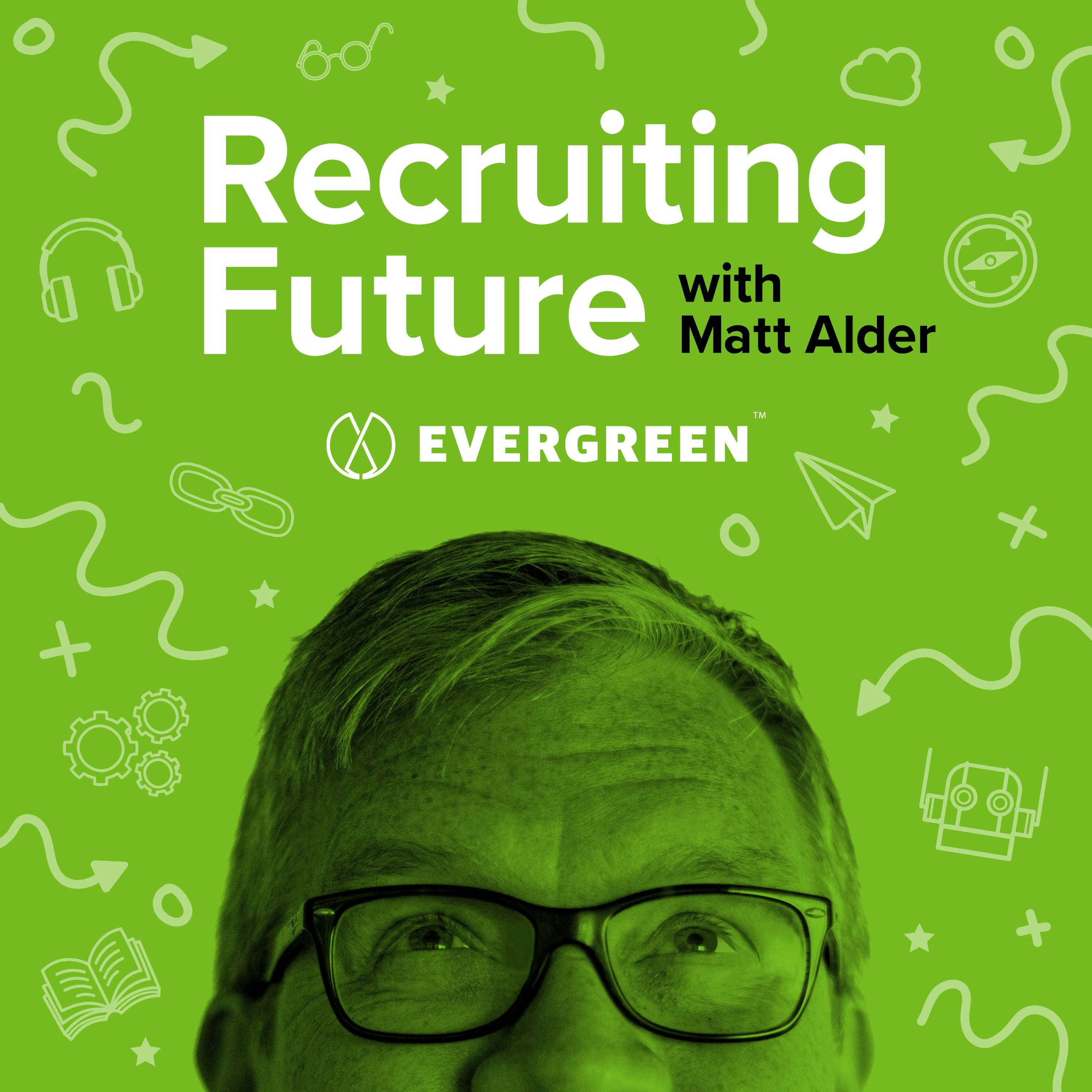Talent-Centered Design
Description
There is a growing consensus that 2024 will see the start of some fundamental changes in Talent Acquisition. The adoption of Skills-based hiring and the rapid development of AI are the catalysts here, but to truly understand what is happening, we must take a step back and understand the forces driving this potential revolution.
Work is changing fast, skills have an ever-shortening shelf life, and talent is still in short supply in many markets. Companies need to think differently about talent to grow and deliver value, and this is the driving force that will use skills-based thinking and AI to re-engineer the corporate talent function.
So what are the practicalities around this, and what kind of mindset does TA need to adopt to help drive rather than resist the change?
My guest this week is Jason Cerrato, VP of Market Strategy at Eightfold. In addition to working in an AI-driven HR Technology business, Jason has been a Director of Talent Acquisition and industry analyst. In our conversation, he draws on all of this experience to explain why talent-centered design is a critical foundation of the future of talent acquisition.
In the interview, we discuss:
The main talent challenges in 2024
What is talent-centred design?
Building around talent rather than around jobs
The accelerating shelf life of skills
Real-time data and intelligence
The role of technology
Prioritising skills over job titles and previous experience
Redefining talent management
The future role of recruiters
How much change will happen in 2024?
Listen to this podcast on Apple Podcasts.
More Episodes
It's becoming evident that we are at a critical pivot point for talent acquisition. While the debates around AI are sucking up most of the attention, massive shifts are happening in terms of the shelf life of skills, ongoing challenges with skills acquisition, and upskilling people for a very...
Published 04/30/24
Somewhere between 15% and 20% of the population is neurodivergent. The majority have yet to receive a formal diagnosis, and a significant number of those with a diagnosis choose not to share it publically. Over the last few years, we've seen a growing number of employers taking steps to be...
Published 04/26/24
Published 04/26/24


